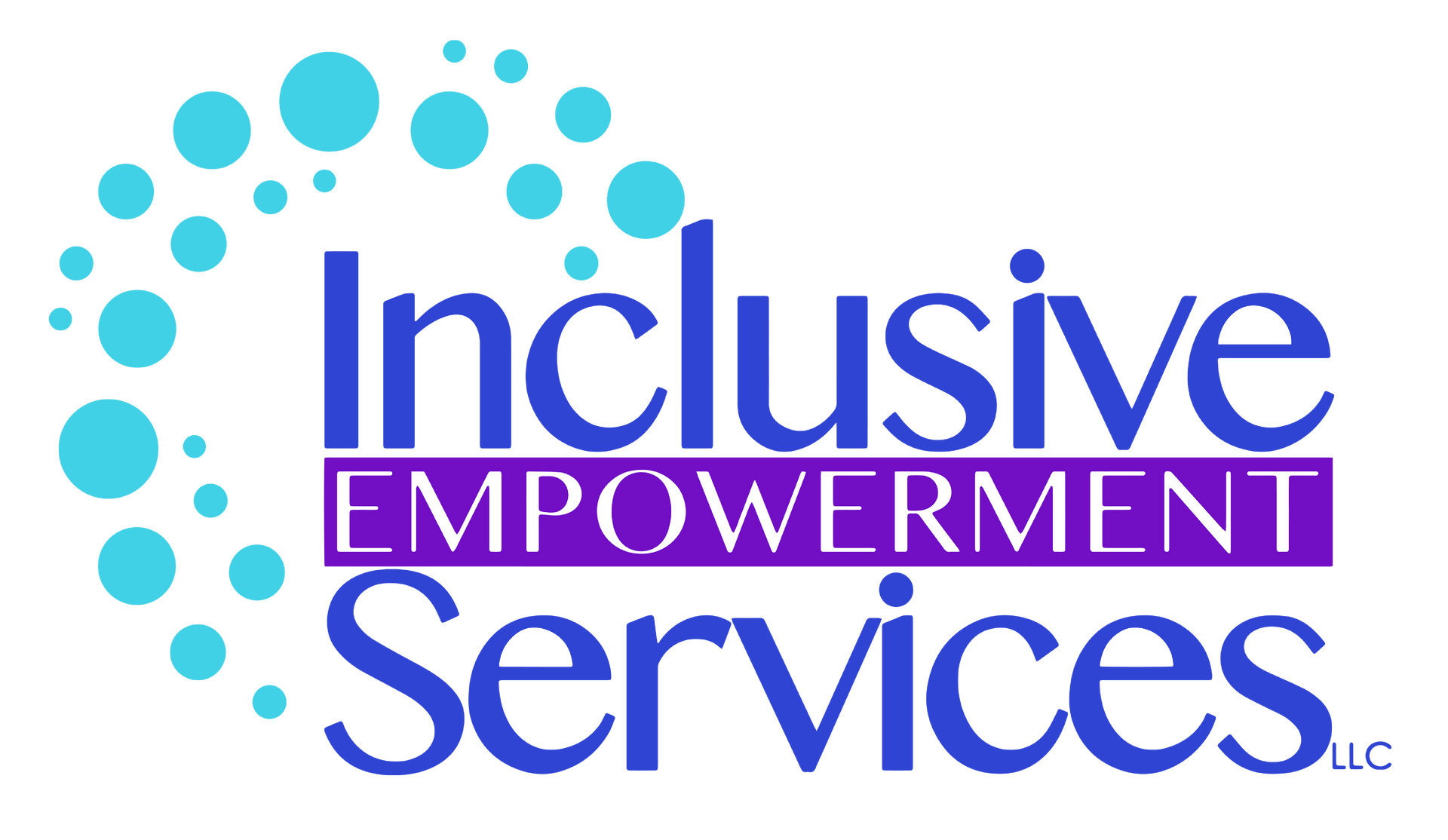<--- Haz clic en la bandera para la página en español
Improving self-esteem is a valuable journey that can lead to greater self-confidence, resilience, and overall well-being. Here are several strategies to help boost your self-esteem:
Practice Self-Compassion:
Treat yourself with the same kindness and understanding that you would offer to a friend. Forgive yourself for past mistakes and avoid self-criticism.
Positive Self-Talk:
Challenge and replace negative thoughts with more positive and realistic ones. Use affirmations to reinforce your strengths and worthiness.
Set Realistic Goals:
Break down larger goals into smaller, achievable steps. Celebrate your successes, no matter how small they may seem.
Accept Imperfection:
Embrace the idea that nobody is perfect, and it's okay to make mistakes. Understand that making mistakes is a part of learning and growth.
Develop Healthy Boundaries:
Learn to say "no" when necessary to protect your time and energy. Respect your own needs and priorities, even in the face of external pressures.
Engage in Self-Care:
Prioritize self-care activities that promote physical and emotional well-being, such as exercise, adequate sleep, and relaxation techniques. Allocate time for activities you enjoy and that make you feel good about yourself.
Build on Your Strengths:
Identify your strengths, talents, and skills, and find ways to use them in your daily life. Cultivate hobbies and interests that make you feel capable and fulfilled.
Seek Support and Social Connection:
Surround yourself with supportive and positive individuals who lift you up. Share your thoughts and feelings with trusted friends or a therapist.
Challenge Perfectionism:
Recognize that perfectionism can hinder self-esteem, as it sets unrealistic standards. Focus on progress, not perfection, and accept that it's okay to be imperfect.

Avoid Social Comparison:
Avoid comparing yourself to others, as this often leads to negative self-evaluation. Remember that everyone has their unique journey and strengths.
Focus on Self-Improvement:
Engage in activities and practices that help you grow and develop as a person. Continuously seek opportunities for learning and self-improvement.
Practice Mindfulness and Meditation:
Mindfulness techniques can help you stay present in the moment, reduce self-criticism, and enhance self-awareness.
Set Healthy Goals for Self-Image:
Recognize that self-esteem is not solely based on external factors like appearance. Challenge societal beauty standards and focus on building a positive self-image.
Professional Help:
If self-esteem issues are deeply ingrained or significantly affect your mental health, consider working with a therapist or counselor who specializes in self-esteem and self-worth.
Keep a Journal:
Journaling can help you track your progress, identify patterns of negative self-esteem, and express your thoughts and emotions.
Remember that improving self-esteem is a gradual process, and setbacks are normal. Be patient with yourself and persistent in your efforts. Building healthy self-esteem is an ongoing journey that can lead to a more fulfilling and confident life.


Elisa Pérez-Arellano, LMSW
Founder, CEO and Lead Therapist
313 N River Ave Ste. 103
Holland, MI 49424
616-635-3107
elisa@616ies.com
www.616ies.com
Inclusive Empowerment Services does not discriminate on the basis of race, ethnicity, color, religion, caste, creed, sex, age, marital status, national origin, legal status, mental or physical disability, veteran status, sexual orientation, gender identity and expression, and any other class of individuals protected from discrimination under state or federal law.




